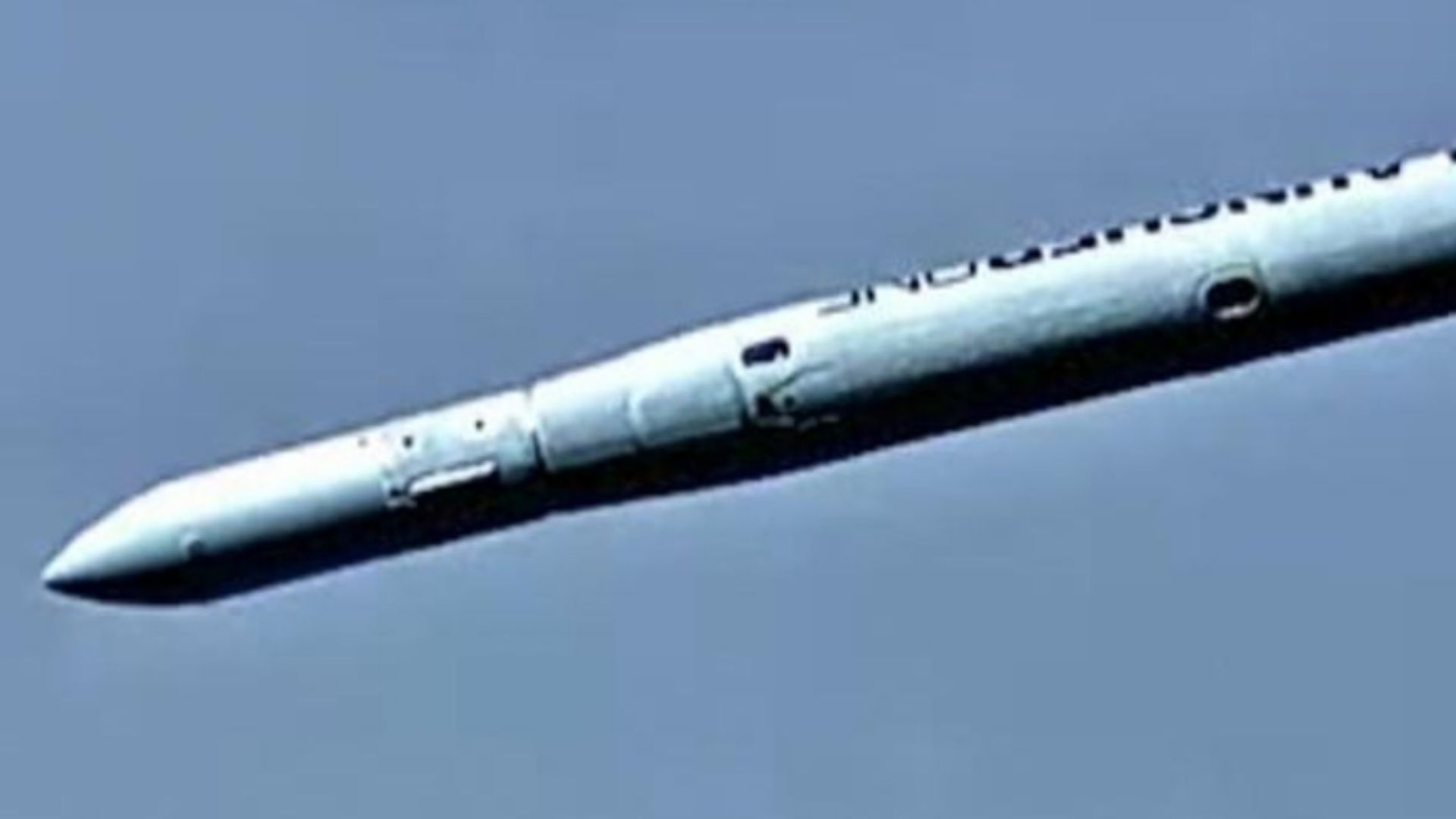A prototype space factory that can create materials difficult to create on Earth will be on the 1st rocket to launch from UK soil later this mid-year.
Welsh startup Space Forge will utilise microgravity and the vacuum of space to make more grounded, lighter metal composites and super-effective semiconductors.
The organisation told Sky News that parts made in the circle could be broadly used in just five years, from aeroplane motors to the power lattice.
To test its arrangement for taking materials back to Earth, the organisation will launch a satellite on a rocket because of takeoff from Spaceport Cornwall in September.
The Spaceport, the first in Europe, is based at Newquay Airport.
A Virgin Orbit Boeing 747 will take off from a similar runway utilised by occasion jets, convey a rocket under its care, and discharge it at 35,000ft.
Andrew Bacon, a fellow benefactor of Space Forge, said the launch would transform the UK into a “true space superpower”, with the capacity to make and convey world-driving satellite innovation.
“The cost of launch has descended hugely,” he said. “Normally, it used to cost $20,000 (£16,500) per kilogram. Nowadays, you can get as low as $1,000 (£830).
“There are materials out there worth way more. Nickel-based combinations utilised in airplane turbines can cost $100,000 a kg. So the financial aspects (of space fabricating) begin to work because the launch cost has descended to such an extent.”
Albeit different organisations have made limited quantities of material and returned them to Earth, Space Forge will be the first to make them in business amounts.
The entire satellite will be cut down utilising still-secret innovation, then, at that point, restored and relaunched with another bunch of unrefined components ready.
“Having the option to launch from your nation of origin will have a major effect,” said Mr Bacon.
“If you have any desire to construct a dependable, supportable store network situated in space, you can’t be travelling to the opposite side of the world to source your materials when you need to make something.
“You must launch and return here and utilise those items where they are required.”
From California to Newquay
Up to 10 satellites – some business, some military – are supposed to be on the first launch, presently planned for 8 September.
Virgin Orbit’s fly Cosmic Girl will take off from Newquay Airport with LauncherOne, a 21-meter rocket, thrown under its left wing.
When it’s well clear of land and at the right height, the pilot will lift the plane’s nose and drop the rocket, which seconds after the fact will light its motor and power away in the ideal direction for placing satellites into a circle that disregards the north and south poles.
In an elite meeting, Dan Hart, Virgin Orbit CEO, told Sky News that the stream had recently worked the huge number of traveller trips across the Atlantic before being reused for space transport.
“We have reused the plane, so it’s a basic piece of our launch foundation,” he said.
“It gives the rocket its first step, taking it to 35,000 feet, the better piece of Mach 1 (practically the speed of sound), and 66% of how through the environment before the rocket needs to accomplish any work whatsoever.”
Newquay will be the organisation’s first launch office outside California.
UK a ‘big shot’ at building little satellites
Mr Hart said the UK was alluring because it had the “innovation and want” to be a space country.
As of now, two other customary “vertical-launch” spaceports are looking for endorsement on the tip of central area Scotland and the Shetland Islands.
In any case, Spaceport Cornwall says “flat launch”, with rockets being carried on an airplane that utilises a business airport, downplays framework and cost.
Sky News was displayed around the airport structure, which is currently fitted out with a residue-free “clean room” where satellites will be stacked into the rocket.
Melissa Thorpe, top of the Spaceport, said the UK was a “powerhouse” when it came to building little satellites, yet as of recently, has needed to send them abroad for launch.
UK-Indian organisation OneWeb had launched 36 web satellites on a Russian rocket that dropped without a second to spare following the Ukraine intrusion.
Ms Thorpe said: “We have relatively little command over how satellites are launched, who with, was from – and perhaps a portion of the exercises that happen in a portion of those areas.
“So far as we might be concerned, it’s vital to assist with making a sovereign launch capacity, with satellites being driven not too far off to a spaceport and go up to space more straightforwardly.”
The Spaceport will be a critical lift to the economy of Cornwall, one of the UK’s most denied locales.
The organisation hopes to utilise 150 individuals straightforwardly, with 240 positions in its production network. A few organisations likewise intend to open offices around the airport to frame a space group.




